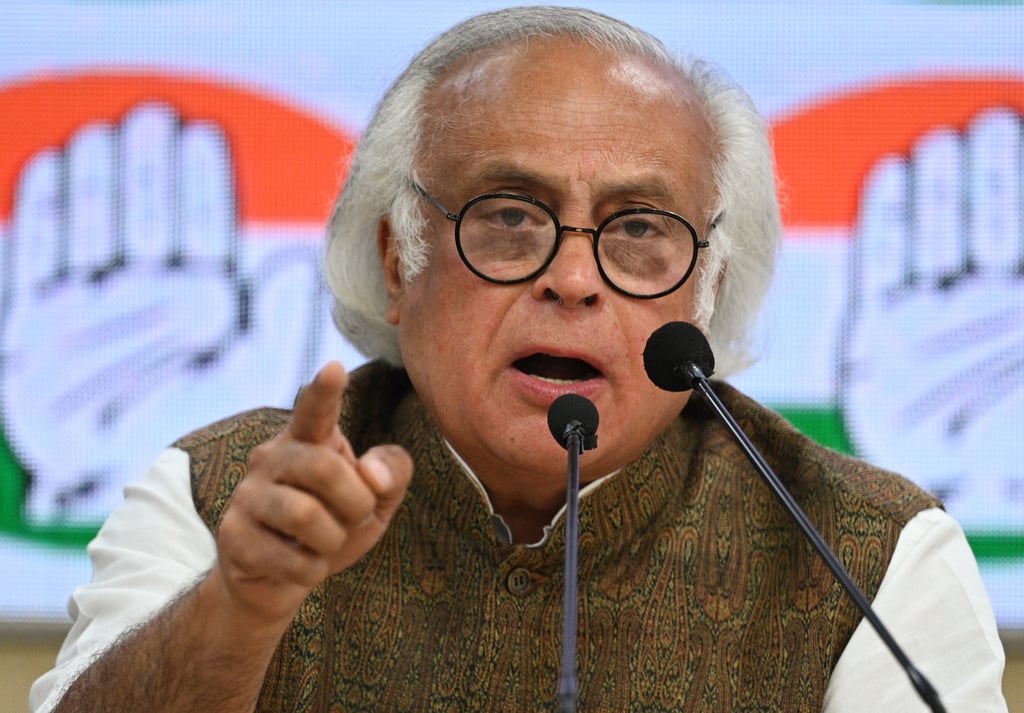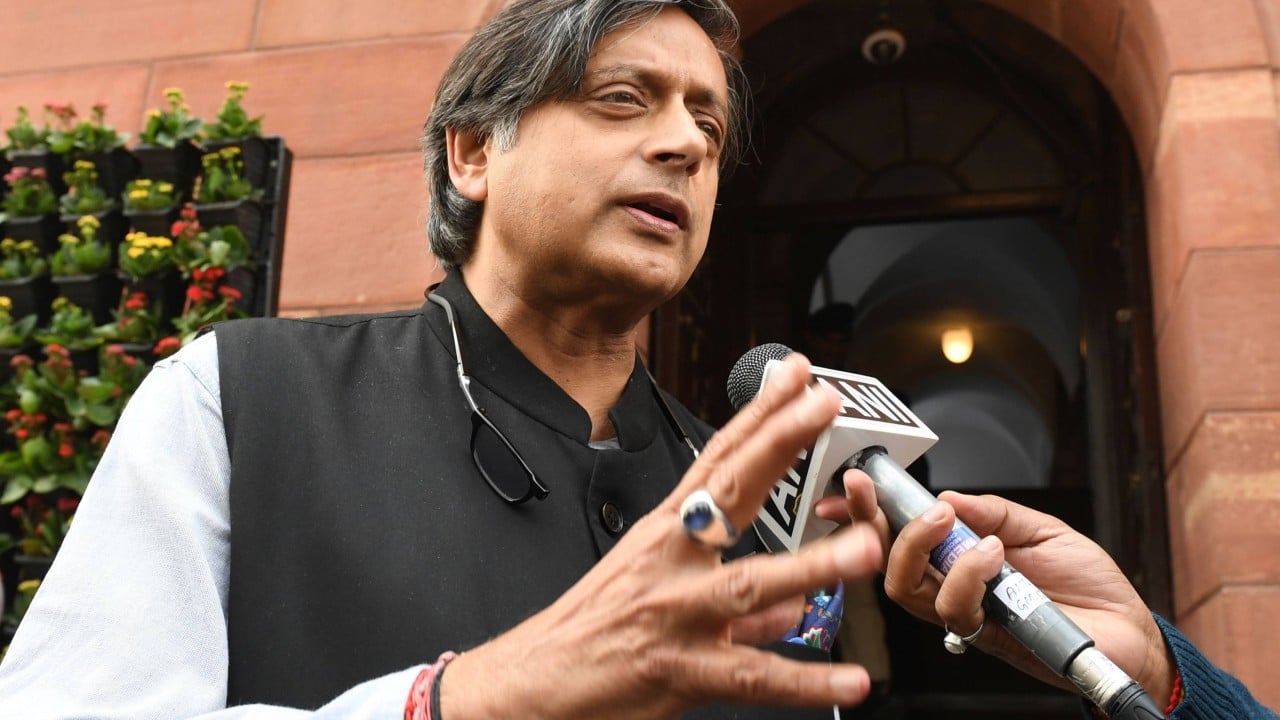The Indian government’s move to appoint opposition leader Shashi Tharoor to head a diplomatic mission explaining New Delhi’s position on the Kashmir conflict has sparked backlash within his own Congress Party, laying bare internal fractures and fuelling claims the ruling party is exploiting this division.
Advertisement
While the multiparty delegation was billed as a show of national unity following last month’s deadly militant attack in Indian-administered Kashmir, Congress leaders have accused Prime Minister Narendra Modi’s government of bypassing the party’s recommended nominees and politicising the process by unilaterally including Tharoor.
Party spokesman Jairam Ramesh said the government had acted with “mischievous intentions”, noting that only one of the four names suggested by Congress – Anand Sharma – had been accepted. Tharoor, he stressed, was not on the list. “The Congress Party believes that national interest is paramount … Let the MPs go. We will not stop them. We will not boycott this delegation. We do not politicise it,” he said.
Tharoor’s acceptance of the role has deepened the rift, with some party leaders accusing him of undermining internal discipline. He responded by insisting that cross-border terrorism was a bipartisan concern tied to national security, not party allegiance.
A former UN undersecretary general and parliamentarian known for his eloquence and foreign policy credentials, Tharoor lost the 2022 race to be the Congress Party president to Mallikarjun Kharge – a veteran politician backed by the Nehru-Gandhi family, which continues to wield an outsize influence in party affairs.

Analysts say the controversy underscores a recurring issue for Congress – the marginalisation of independent or reform-minded leaders – even as the party struggles to mount a credible challenge to Modi’s Bharatiya Janata Party (BJP), which has held power since 2014.

